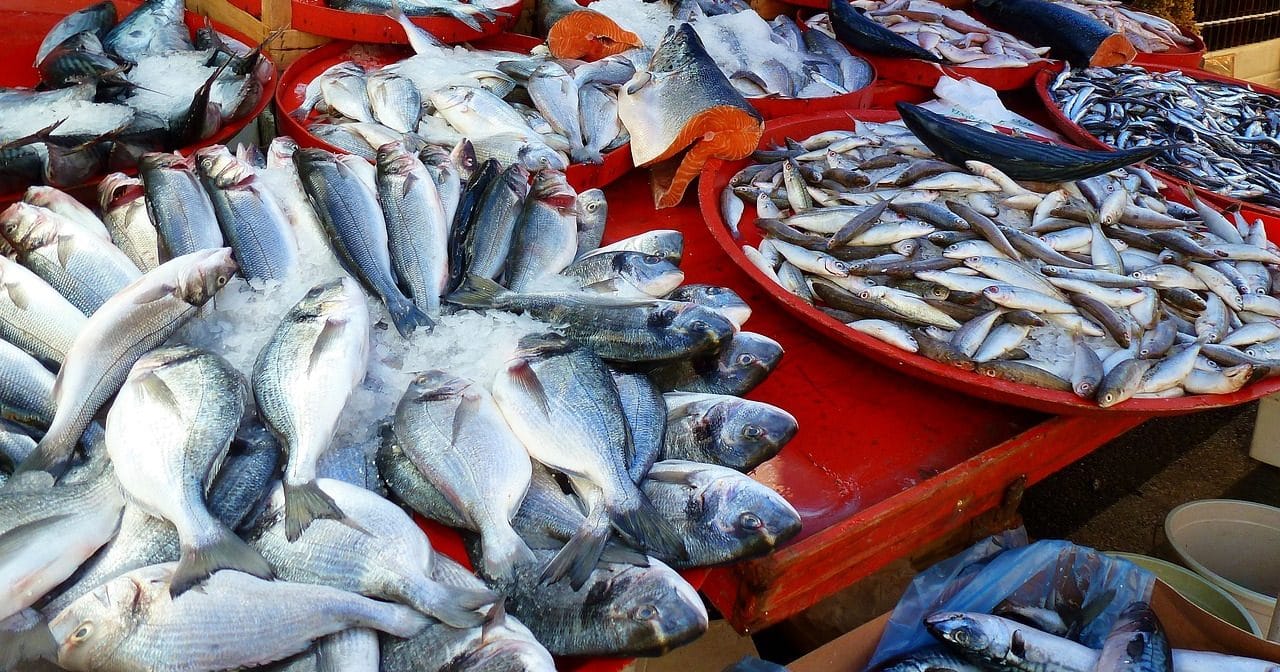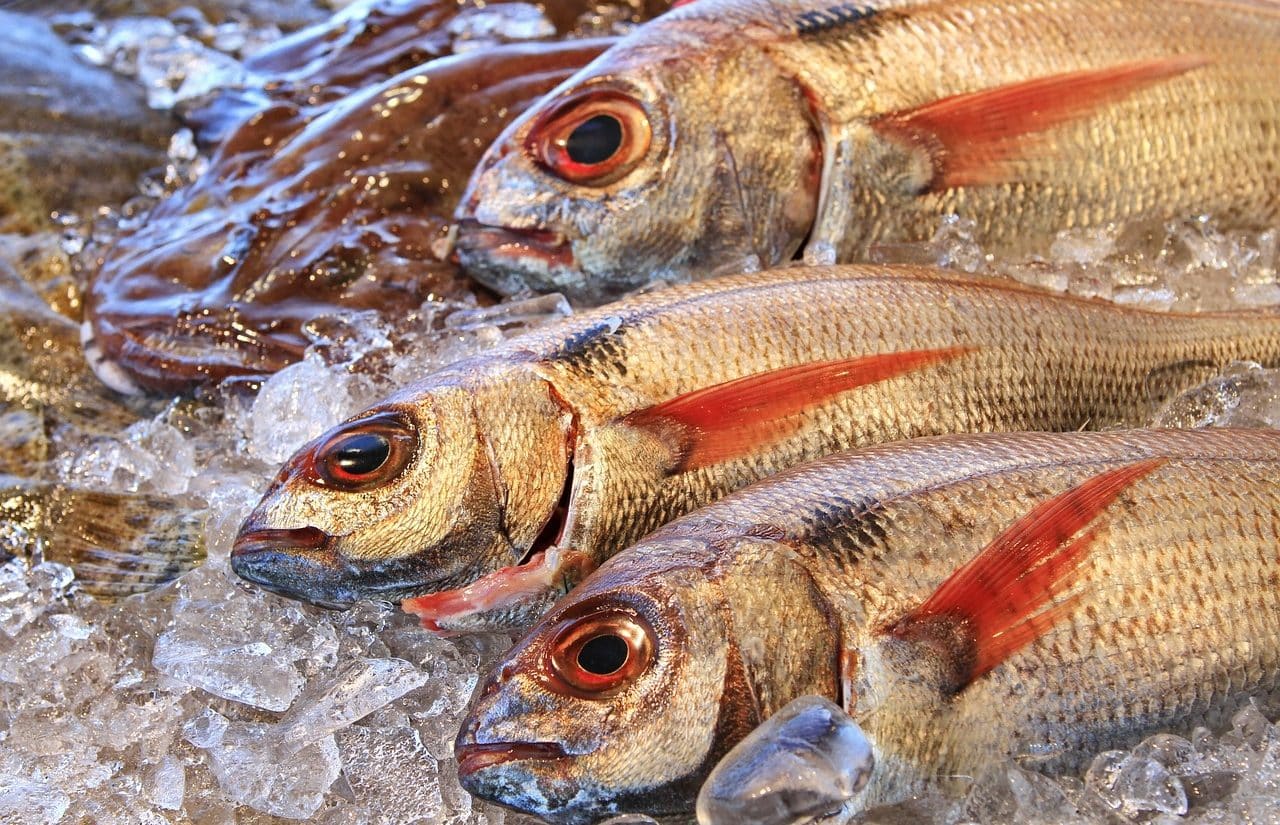
The fish are dead fish.
Fish is a concept that derives from the Latin piscatus . This is the name given to the fish that, once removed from its habitat (ocean, river, lake, etc.), can become food for humans .
To get fish, therefore, you have to fish . Fishing can be done in multiple ways, both at artisanal and industrial levels. While a person can catch a few fish with a rod or a net , large fishing boats catch them in large tons and allow the development of a million-dollar industry.
In any case, the procedures used to kill the fish are very cruel since they always include suffocation as the "final blow" and the fishing rod adds the terrible wounds caused by the hook in its mouth. Just as it happens with the rest of the animals that human beings decide to eat, this violence cannot be seen with the naked eye in a fishmonger or in a supermarket, where their parts are classified and presented on neat trays.
Fish classification
Fish are usually classified as blue (animals that have a high level of fat, such as sardines or mackerel) or white (low fat: haddock, hake and others).
Although the characteristics vary according to the species, fish generally have a high level of minerals and vitamins . Thanks to the phosphorus, zinc, fatty acids known as omega 3 and other nutrients found in their meat, nutritionists usually recommend eating fish regularly.
Despite these health benefits, fish consumption in many countries in the Western world is limited for various reasons. On the one hand, its meat provides less satiety than other meats, which forces you to eat more. On the other hand, fish decomposes very quickly, a feature that requires greater conservation efforts.
As for the ways of eating fish, there are multiple: it can be eaten raw (as in sushi ), fried, grilled and in other ways, depending mainly on the type of fish.

Fish is a highly appreciated food.
The risks of ingesting it
Sea pollution can turn fish into a very dangerous product for our health; Some of the contaminants that can be found in these animals are mercury, dioxins, pesticide residues and polychlorinated biphenyls. Mercury, for example, is among the most worrying, since it can alter the correct development of the brain in fetuses and cause damage to the nervous system in adults.
The fish that have the highest levels of mercury in their bodies are sharks, tilefish, swordfish and mackerel. Young children, pregnant women and those who are breastfeeding should avoid its consumption. On the other hand, there are salmon, catfish, haddock and light tuna, with little pronounced mercury contamination.
Although there are not the same risks with fish as with slaughterhouse animals, since humans do not feed them directly, the damage it causes to marine species through water contamination and the sudden alterations it causes on the planet has an impact on its health and, consequently, on that of the beings that feed on them. Furthermore, faced with a shortage of fish, companies may decide to fish in undesirable places in order not to suffer losses.
On the other hand, private fishing can also be risky if the pollution levels of the chosen area are not known. It is very important to inform yourself about this point before deciding to fish, since it is enough to consume 170 grams of contaminated fish to suffer the consequences.
